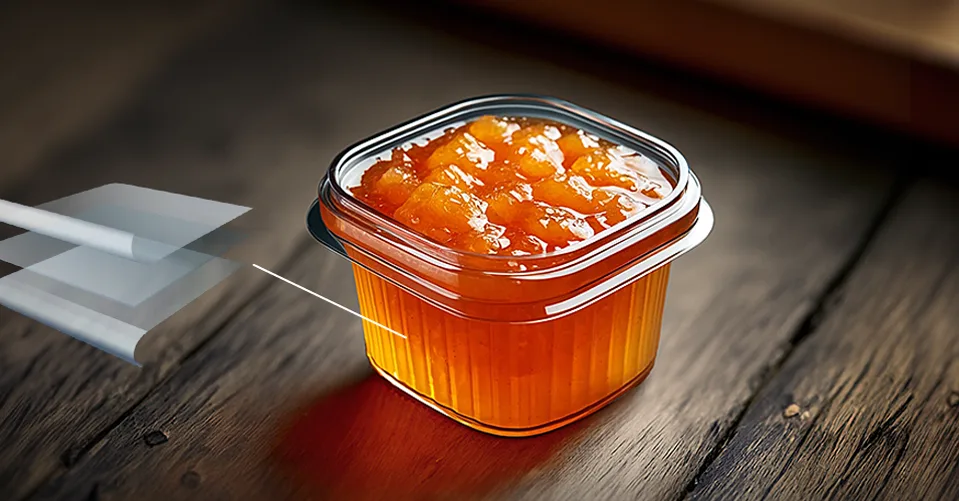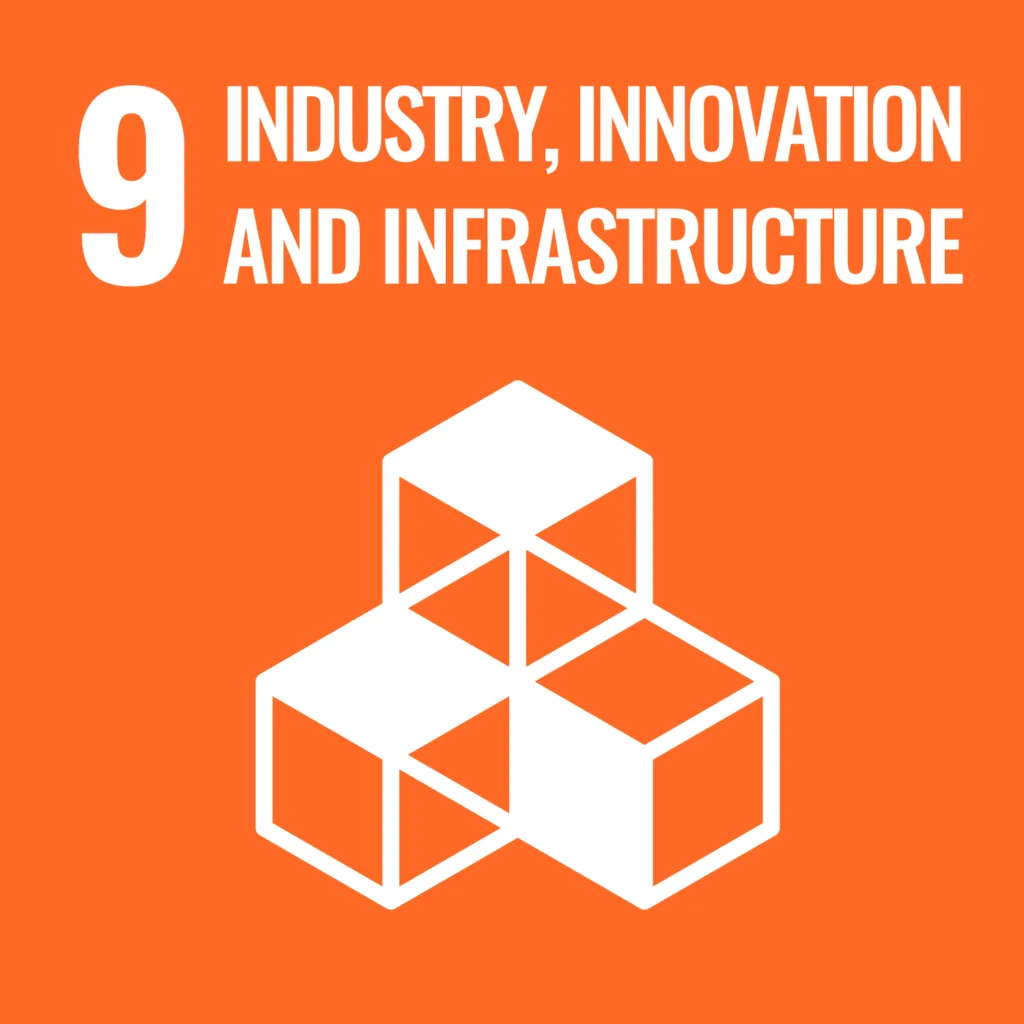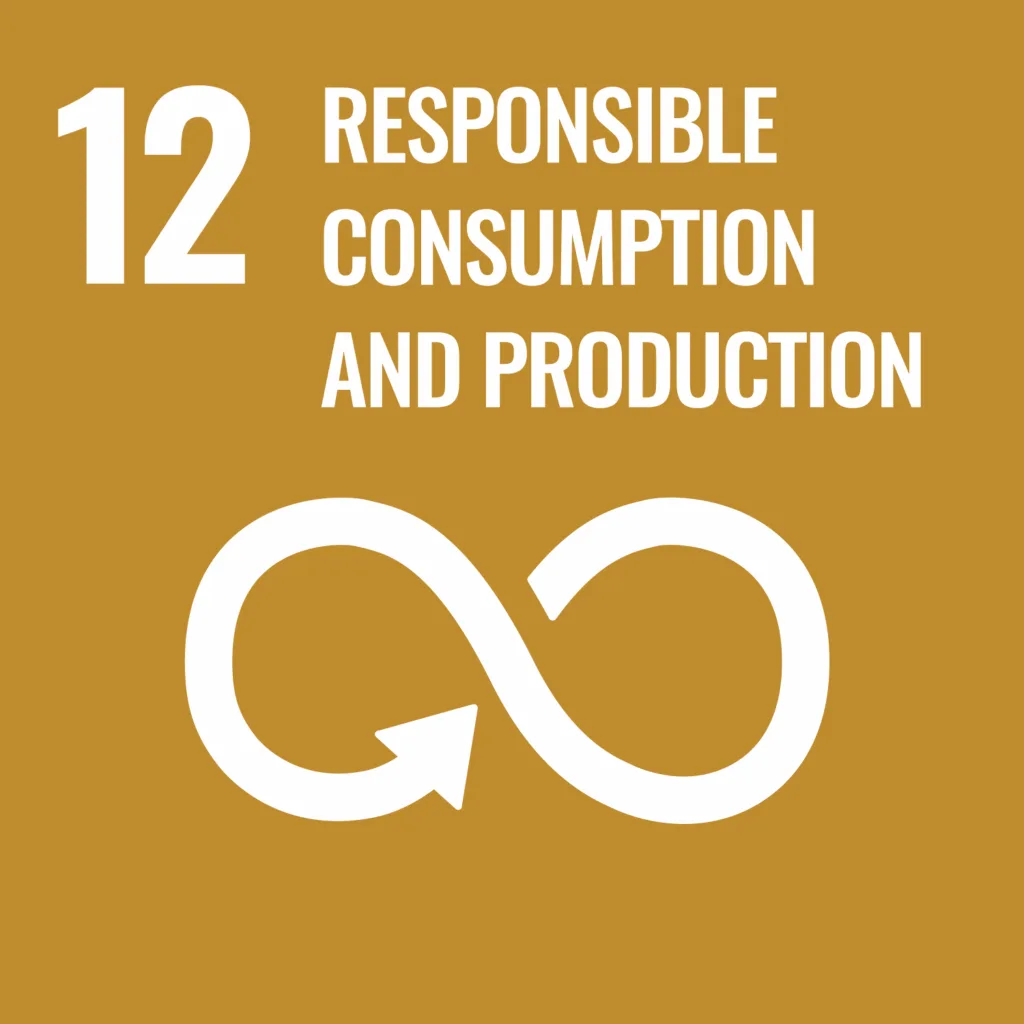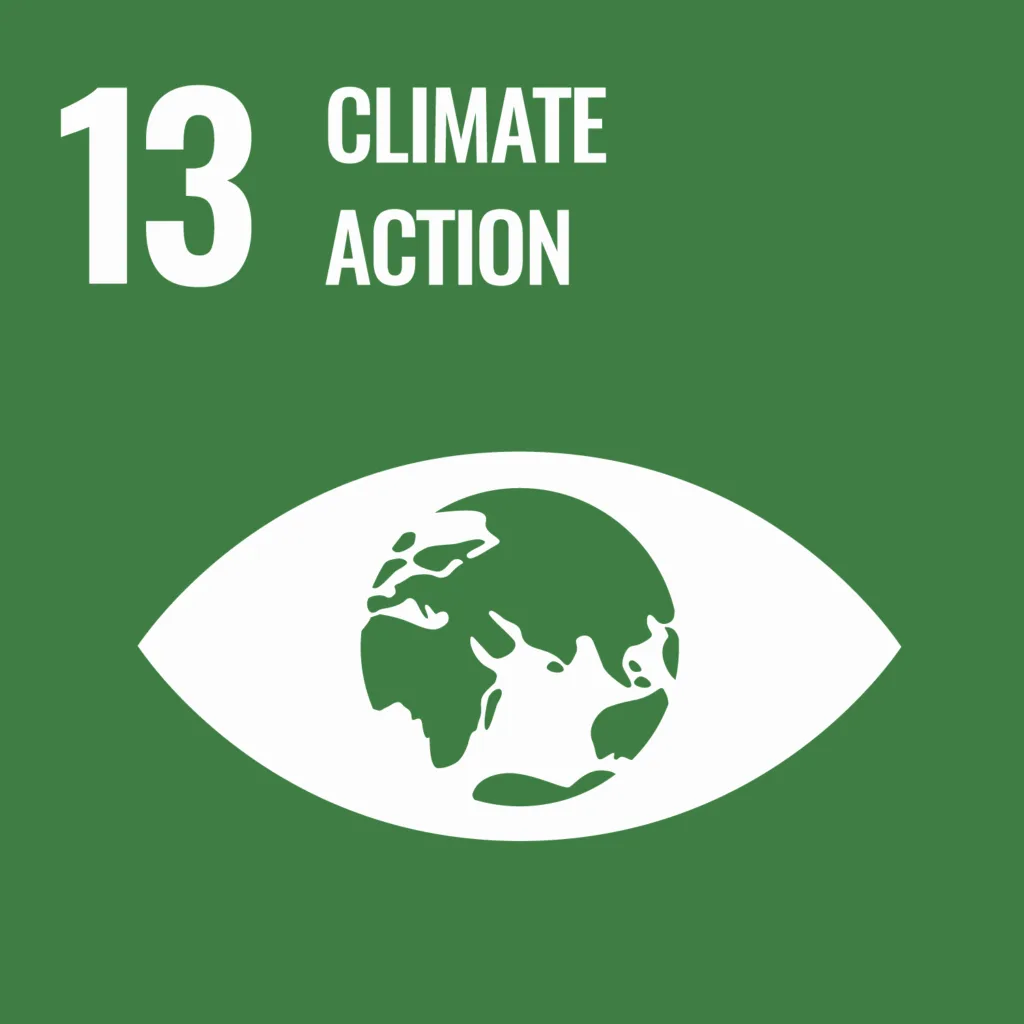In the quest for more sustainable food packaging, the use of recycled materials is key, but it comes with challenges – balancing product safety, performance, and environmental impact. Innovation can change the game. For instance, Perstorp’s solution upgrades recycled polyethylene terephthalate (rPET) to meet the high safety required for food packaging, while simultaneously addressing sustainability concerns.

Each year, millions of tons of plastic are incinerated, releasing large amounts of CO₂ into the atmosphere. With growing pressure for more sustainable packaging, there’s a strong need for solutions that are safe, effective, and easy to recycle. Perstorp’s solution technology helps meet this demand by making it possible to use up to 90% recycled plastic—specifically rPET, a recycled version of the plastic commonly used in water bottles. Using a co-extruded sheet design where the middle layer is made of recycled material, the solution allows packaging to maintain high performance while cutting greenhouse gas emissions by more than 50% compared to using new (virgin) polystyrene.
This design for recycling solution is engineered to withstand the demands of “hotfill” processes and hot food and beverage services up to 95 °C, making rPET a viable and safe food packaging alternative to conventional plastics, such as polystyrene or polypropylene, which are much more difficult to mechanically recycle into food safe grades. Hotfill is a process in which food products like sauces or juices are filled into containers at high temperatures, a process that typically requires heat resistant plastics. Additionally, the final packaging solution offers exceptional clarity and rigidity, giving it a glass-like appearance while maintaining strength and structural integrity.
This technological breakthrough not only helps reduce reliance on virgin plastic but also ensures that recycled materials can be used in a way that is both safe and effective for food packaging.














